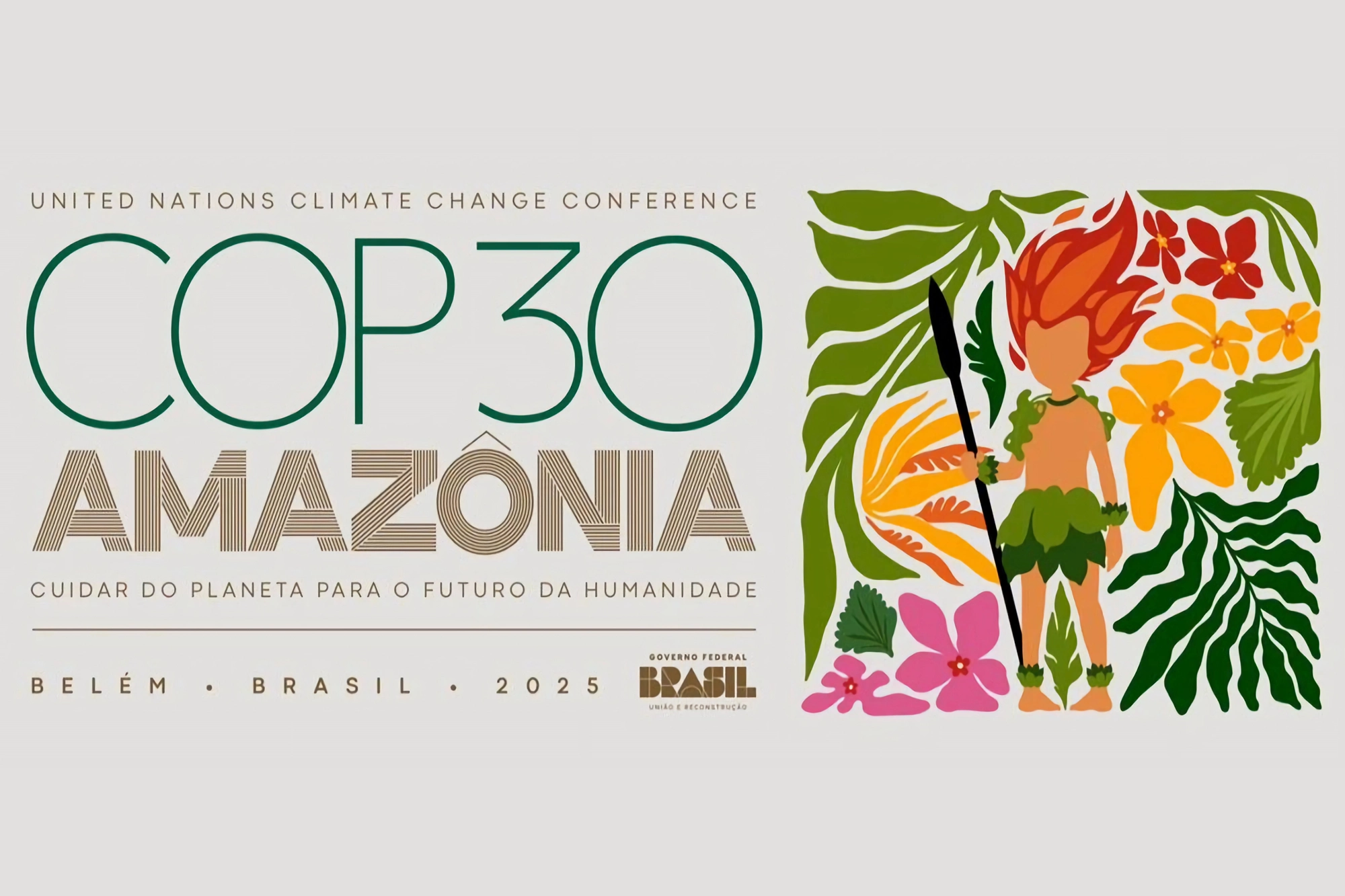COP 30 Media Advisory: Centering Environmental Defenders in Climate Decision-Making – International Rivers

Report on the Status of Environmental Defenders and the Launch of the LEAD Initiative at COP30
1.0 Introduction: The Critical Role and Peril of Environmental Defenders
1.1 The Intersection of Human Rights and Climate Action
Environmental defenders are central to addressing the global climate crisis, yet they face escalating threats worldwide. A recent report presented to the United Nations Human Rights Council by the UN Special Rapporteur on Human Rights Defenders highlights a trend of state-led repression against climate activists. These actions directly undermine the pursuit of a just transition and effective climate action. The threats faced by these individuals include:
- Violence
- Criminalisation
- Exclusion from decision-making processes
1.2 Alignment with Sustainable Development Goals
The protection of environmental defenders is a critical prerequisite for achieving several Sustainable Development Goals (SDGs). Their work directly contributes to SDG 13 (Climate Action) by advocating for and implementing sustainable environmental practices. However, the threats they face undermine SDG 16 (Peace, Justice and Strong Institutions), which seeks to protect fundamental freedoms and ensure inclusive societies. Meaningful climate action is therefore intrinsically linked to the upholding of human rights.
2.0 Case Study: Repression of Climate Activists in Vietnam
2.1 Contradictions in National Climate Policy
The situation in Vietnam exemplifies the global trend of repressing environmental advocates. Since 2021, six prominent climate leaders and energy experts have been arrested and imprisoned. These actions occurred concurrently with high-level climate commitments made by the Vietnamese government, including a pledge to achieve net-zero emissions by 2050 and implement a just energy transition. This contradiction highlights a significant gap between international commitments and domestic policy implementation.
2.2 The Case of Dang Dinh Bach
A notable case is that of environmental public interest lawyer Dang Dinh Bach, who is serving a five-year prison sentence on wrongful charges. His imprisonment followed a campaign to transition Vietnam away from its reliance on coal, a key objective for sustainable energy development. As COP30 commences, his case underscores the severe risks faced by those advocating for climate justice.
2.3 Implications for SDG 7 and SDG 16
The targeted arrests in Vietnam create a chilling effect on civil society participation, which is essential for a just energy transition as envisioned by SDG 7 (Affordable and Clean Energy). Furthermore, the criminalisation of these defenders represents a direct violation of the principles of SDG 16, which advocates for justice, accountability, and the protection of fundamental freedoms.
3.0 Collaborative Initiatives for Defender Protection
3.1 The Vietnam Climate Defenders Coalition (VCDC)
The Vietnam Climate Defenders Coalition (VCDC), an alliance of over thirty human rights and climate justice organizations, advocates for the release of wrongfully imprisoned defenders in Vietnam. The coalition’s mission is to ensure full and free participation in climate and energy transition decisions, asserting that human rights are central to meaningful climate action.
3.2 The Leaders Network for Environmental Activists and Defenders (LEAD)
In response to the urgent threats faced by defenders globally, the Leaders Network for Environmental Activists and Defenders (LEAD) has been established. Co-created by and for defenders, LEAD is a collaborative platform that brings together governments, multilateral institutions, and civil society. Its primary objective is to elevate the voices, experiences, and solutions of defenders in global environmental governance.
3.3 Fostering Partnerships for the Goals (SDG 17)
Both the VCDC and the LEAD initiative exemplify the principles of SDG 17 (Partnerships for the Goals). By creating multi-stakeholder platforms, these initiatives aim to bridge the gap between climate and human rights agendas, fostering the collaborative action necessary to advance a rights-based approach to environmental challenges and achieve the broader 2030 Agenda for Sustainable Development.
4.0 Schedule of LEAD Initiative Launch Events at COP30
Tuesday, November 11
-
Event: Environmental Defenders & Communities: A Cross-cutting Priority in Climate Negotiations & Decisions [Open Event]
- Time: 11:30–13:00
- Location: Blue Zone Side Event Room 8
- Details: A dialogue among member states, defenders, CSOs, and UN Special Procedures to integrate the rights and protection of Environmental Human Rights Defenders (EHRDs) into all climate negotiations.
- Organizer: Global Witness (GW) and allied organizations.
-
Event: Launching the LEAD Initiative – Grassroots Panels and Reception [Open Event]
- Time: 16:30–21:15
- Location: Grassroots Movement for Climate – Travessa Piedade, 426, Bairro Reduto, Belém
- Details: A series of panels with defenders, civil society, and governments to discuss the launch of LEAD and its strategic plans, followed by a networking reception.
- Organizer: Global Witness (GW) and allied organizations.
Thursday, November 13
-
Event: Official High-Level Launch of LEAD [Invitation only]
- Time: 13:00–14:30
- Location: Ford Pavilion, Blue Zone
- Details: The formal launch of LEAD at COP30, featuring high-level representatives from governments and the UN alongside defenders. Speakers include Michelle Bachelet and Michel Forst.
- Organizer: European Center for Not-For-Profit Law Stichting and allied organizations.
Monday, November 17
-
Event: Plan to Accelerate Solutions for Environmental Defenders [Open Event]
- Time: 11:00–12:30
- Location: Axis 5 Thematic Room, Blue Zone
- Details: The Brazilian Ministries of Indigenous Peoples (MPI) and Human Rights and Citizenship (MDHC) will present their Acceleration Plan for EHRDs within the Global Stocktake (GST) framework and affirm their commitment to actions aligned with the LEAD initiative.
Analysis of the Article in Relation to Sustainable Development Goals
1. Which SDGs are addressed or connected to the issues highlighted in the article?
-
SDG 16: Peace, Justice and Strong Institutions
- The article directly addresses this goal by highlighting the persecution of environmental defenders. It mentions “violence and criminalisation,” the wrongful imprisonment of climate leaders in Vietnam, and the repression of voices by states. This points to a failure of justice and weak institutions that do not protect fundamental freedoms. The call for “full and free participation in decisions” and a “rights-based approach to environmental governance” reinforces the connection to building just and inclusive institutions.
-
SDG 13: Climate Action
- The entire context of the article is climate action. The environmental defenders are described as being “on the frontlines of the climate crisis.” The issues discussed, such as Vietnam’s commitment to “net zero by 2050” and implementing a “just energy transition,” are central to SDG 13. The article argues that meaningful climate action cannot be achieved without protecting the human rights of those advocating for it.
-
SDG 17: Partnerships for the Goals
- The article showcases multi-stakeholder partnerships aimed at addressing the challenges. The Vietnam Climate Defenders Coalition (VCDC), described as “a group of over thirty human rights and climate justice organisations,” and the LEAD initiative, which “brings together governments, environmental defenders, multilateral institutions, and civil society in a collaborative space,” are prime examples of the partnerships essential for achieving the SDGs.
2. What specific targets under those SDGs can be identified based on the article’s content?
-
Targets under SDG 16
- Target 16.1: “Significantly reduce all forms of violence and related death rates everywhere.” The article’s mention of “escalating threats—from violence and criminalisation” faced by environmental defenders directly relates to this target.
- Target 16.3: “Promote the rule of law at the national and international levels and ensure equal access to justice for all.” The case of Dang Dinh Bach, serving a “five-year sentence on wrongful charges,” is a clear example of the failure to uphold the rule of law and provide access to justice.
- Target 16.7: “Ensure responsive, inclusive, participatory and representative decision-making at all levels.” The article repeatedly calls for this, demanding “full and free participation in decisions on the response to climate change” and ensuring defenders’ “active participation in shaping climate decisions.”
- Target 16.10: “Ensure public access to information and protect fundamental freedoms, in accordance with national legislation and international agreements.” The “repression of the voices” of activists and their imprisonment for their work is a direct violation of fundamental freedoms, which this target aims to protect.
-
Targets under SDG 13
- Target 13.2: “Integrate climate change measures into national policies, strategies and planning.” The article mentions Vietnam’s “high-level commitments on climate change,” including reaching “net zero by 2050” and implementing a “just energy transition,” which are examples of such integration. The article critiques the implementation of these policies without respecting human rights.
-
Targets under SDG 17
- Target 17.17: “Encourage and promote effective public, public-private and civil society partnerships.” The formation of the VCDC and the launch of the LEAD initiative, which facilitates dialogue “among member states, defenders, CSOs, and UN Special Procedures,” are direct actions towards building the multi-stakeholder partnerships described in this target.
3. Are there any indicators mentioned or implied in the article that can be used to measure progress towards the identified targets?
-
Indicator for Target 16.10
- Indicator 16.10.1: “Number of verified cases of killing, kidnapping, enforced disappearance, arbitrary detention and torture of journalists, associated media personnel, trade unionists and human rights defenders in the previous 12 months.”
- The article provides specific data that can be used for this indicator. It explicitly states that in Vietnam, “six high-profile climate leaders and energy experts have been arrested and imprisoned since 2021.” This number represents a clear case of arbitrary detention of human rights defenders, which is a key component of this indicator. The imprisonment of Dang Dinh Bach is a named example within this group.
4. Table of SDGs, Targets, and Indicators
| SDGs | Targets | Indicators |
|---|---|---|
| SDG 16: Peace, Justice and Strong Institutions |
|
|
| SDG 13: Climate Action |
|
The article implies progress can be measured by how national climate policies (like Vietnam’s “net zero by 2050” plan) are implemented in a just and inclusive manner, rather than through repression. |
| SDG 17: Partnerships for the Goals |
|
The existence and activities of partnerships like the Vietnam Climate Defenders Coalition (VCDC) and the LEAD initiative serve as an indicator of progress towards this target. |
Source: internationalrivers.org
What is Your Reaction?
 Like
0
Like
0
 Dislike
0
Dislike
0
 Love
0
Love
0
 Funny
0
Funny
0
 Angry
0
Angry
0
 Sad
0
Sad
0
 Wow
0
Wow
0













































































